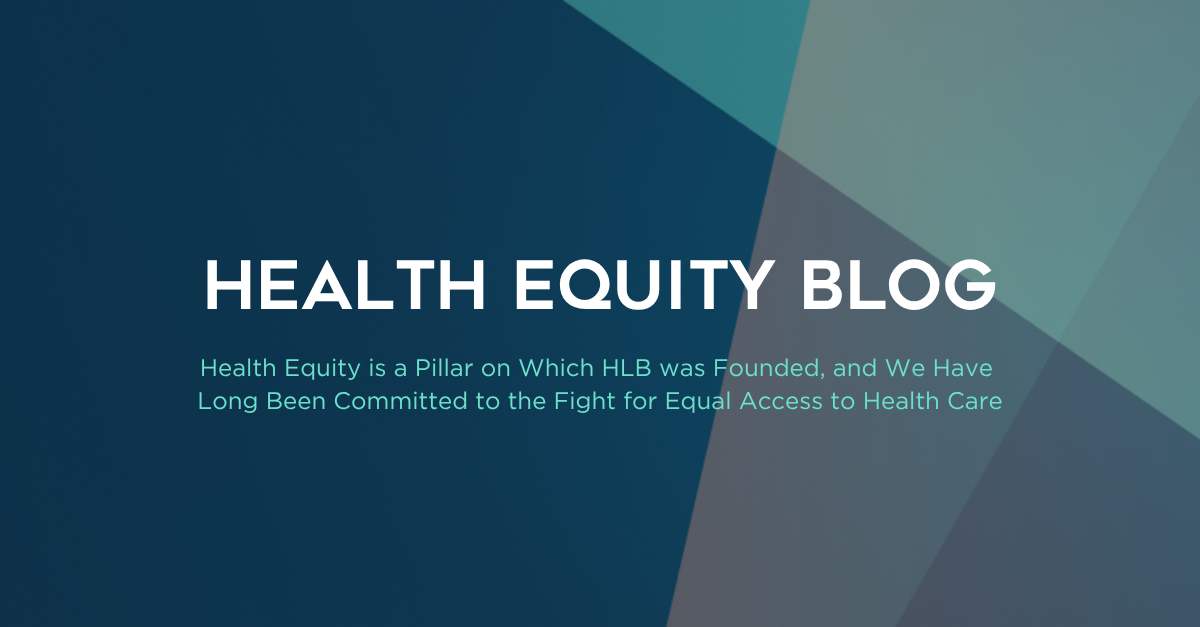
On behalf of the Hooper, Lundy & Bookman, P.C. Health Equity Task Force, here is our most recent HLB Health Equity Essentials Update.
FLURRY OF TRUMP DAY ONE EXECUTIVE ORDERS INCLUDES WITHDRAWAL FROM WHO AND ELIMINATION OF GENDER IDENTITY RECOGNITION
Included in a number of Executive Orders (EOs) signed on his first day in office, President Trump directed the U.S. to withdraw from the World Health Organization (WHO) claiming mishandling of the organization’s response to the COVID-19 pandemic, failure to undertake needed reforms and inequitable financial burden placed upon the U.S. compared to other participating nations. On the same day, President Trump issued an Executive Order that only recognizes the biological sexes of male and female, prohibiting any Federal laws or regulations designed to accommodate gender identity that deviates from such assignments of sex at birth. Further, it prohibits the use of “gender” rather than “sex” in any Federal policies or documents.
HHS AI STRATEGIC PLAN ADDRESSES ACCESSIBILITY AND EQUITY ISSUES
Before leaving office, members of the Department of Health and Human Services (HHS) under the Biden Administration released its Strategic Plan for the Use of Artificial Intelligence in Health, Human Services, and Public Health. While recognizing the evolving space, the plan includes actions HHS should consider as AI adoption in health care continues to grow. While not its focus, the plan recognizes there are inherent risks in AI in health care, such as algorithmic biases that may unintentionally hinder equity. Additionally, responsible AI should ensure equitable access and beneficence, which means ongoing appropriate human oversight and involvement are imperative. In particular, historically underserved populations, such as rural communities and people with disabilities, need to be the focus of AI equitable access to ensure a more diverse and inclusive research and delivery healthcare landscape.
OCR ISSUES GUIDANCE ON REHAB ACT’S APPLICABILITY TO CHILD WELFARE AGENCIES
On January 14, HHS’s Office of Civil Rights (OCR) issued guidance on the implementation of HHS’s updated final rule, which went into effect July 2024, governing the application of Section 504 of the Rehabilitation Act of 1973 to child welfare agencies that receive Federal financial assistance from HHS. These regulatory provisions clarify Section 504’s applicability in the child welfare context and do not cover all disability rights laws applicable to child welfare agencies. Among the issues addressed are requirements that ensure individuals with disabilities are not discriminated against in any programs and activities, including parent-child visitation, reunification services, and child placement, among others.
CMS SELECTS CALIFORNIA TO PARTICIPATE IN TRANSFORMING MATERNAL HEALTH MODEL
On January 6, the Centers for Medicare and Medicaid Services (CMS) announced 15 states – including California – have been chosen to participate in its Transforming Maternal Health (TMaH) Model. TMaH is the latest CMS model structured specifically to improve maternal health care for individuals enrolled in Medicaid and the Children’s Health Insurance Program (CHIP). Unique to the TMaH program will be a whole-person approach to pregnancy, childbirth, and postpartum care that tackles the physical, mental health, and social needs encountered during and immediately following pregnancy. This model seeks to reduce persistent disparities in both access and treatment.
DEA ISSUES 3 NEW TELEMEDICINE RULES TO MAINTAIN INCREASED ACCESSIBILITY
In mid-January, the DEA issued three new telemedicine rules (available here, here, and here) to make permanent some of the temporary telemedicine flexibilities created during the COVID-19 public health emergency while also instilling new patient protections. Such patient protections include establishing a Prescription Drug Monitoring Program (PDMP) to aid the healthcare industry in protecting against abuse and the diversion of controlled substances into the ever-looming threat of the illegal drug market.
Professional
If you have any questions, please reach out to Alicia Macklin, Sandi Krul, Monica Massaro, Kerry Sakimoto, or your regular HLB contact.



